The Ripple Effect
-News and Commentary-
Silent Poison: The Hidden Crisis in America’s Food Supply
- Home
- News and Commentary
- Silent Poison: The Hidden Crisis in America’s Food Supply
Share On Social

The food system did not get here by accident. It was built, piece by piece, deal by deal, policy by policy. It was built by companies that saw food not as nourishment but as a supply chain. It was reinforced by government agencies that were supposed to protect the public but instead protected the market. It was shaped by a culture obsessed with convenience, with speed, with shelf life over real life.
And now it is killing us. Quietly. Legally. At scale.
We wonder why chronic illness is rising. Why allergies are exploding. Why so many kids carry inhalers, epi pens, and diagnoses their parents never knew as children. Why so many adults feel tired all the time, inflamed, foggy, overweight despite trying everything. Why cancer hits younger. Why gut issues are now normalized. It is not just genetics. It is not just luck. It is what we are putting in our bodies day after day, year after year, masked by words like fortified and enriched and USDA approved.
Follow the money. Look at who funds the nutrition research. Look at who lobbies for looser pesticide rules. Look at who gets the government contracts for school lunches. It is not small farms. It is not unbiased scientists. It is food conglomerates with marketing teams and political connections. It is chemical manufacturers that rebrand their image every ten years but keep selling the same toxins under different names.
And here is the part no one wants to say out loud: the system is not just broken, it is working exactly as intended. Because profit depends on volume. And volume depends on long shelf life, global transport, uniform appearance, and addictive taste. That kind of food does not come from nature. It comes from labs. From formulas. From patented molecules and engineered crops that keep you coming back while slowly wearing you down.
And when you do get sick? The system is ready. The same corporations that dominate food supply chains also have investments in pharmaceuticals. The same policy networks that keep toxic additives legal are often linked to insurance lobbyists and hospital networks. It is all connected. A loop where the food makes you sick, the medicine manages your symptoms, and the cycle keeps spinning.
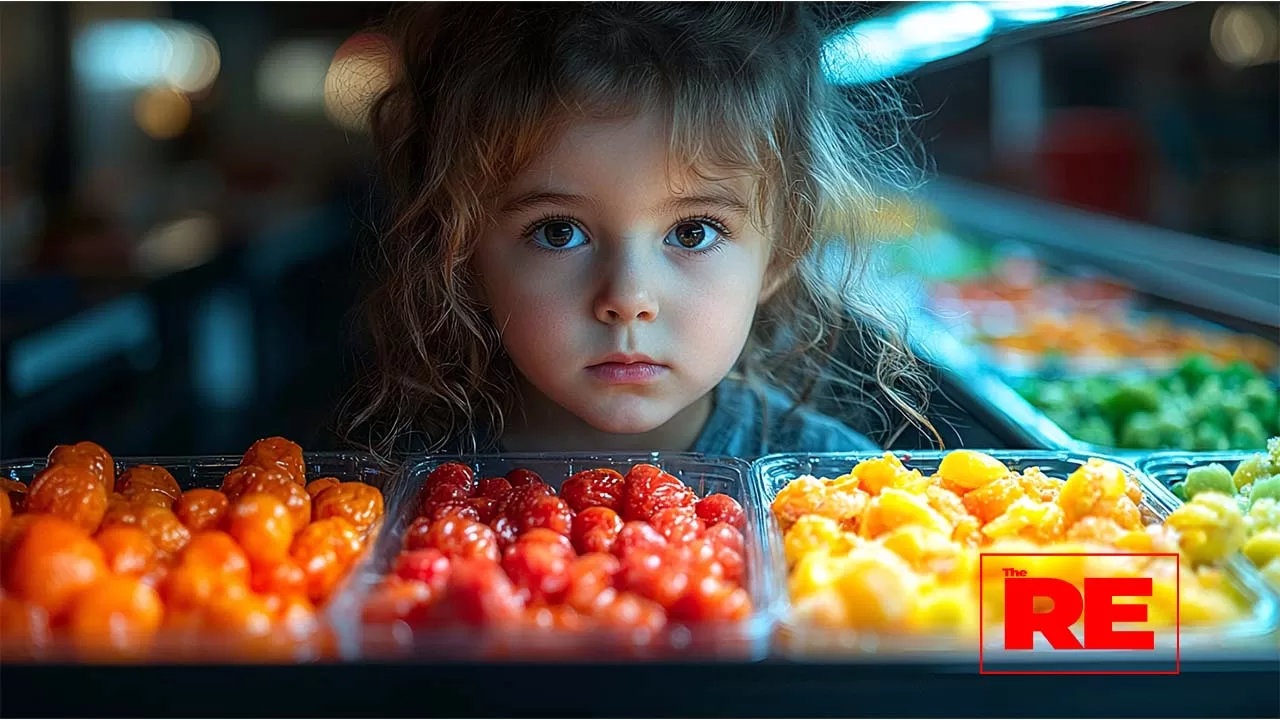
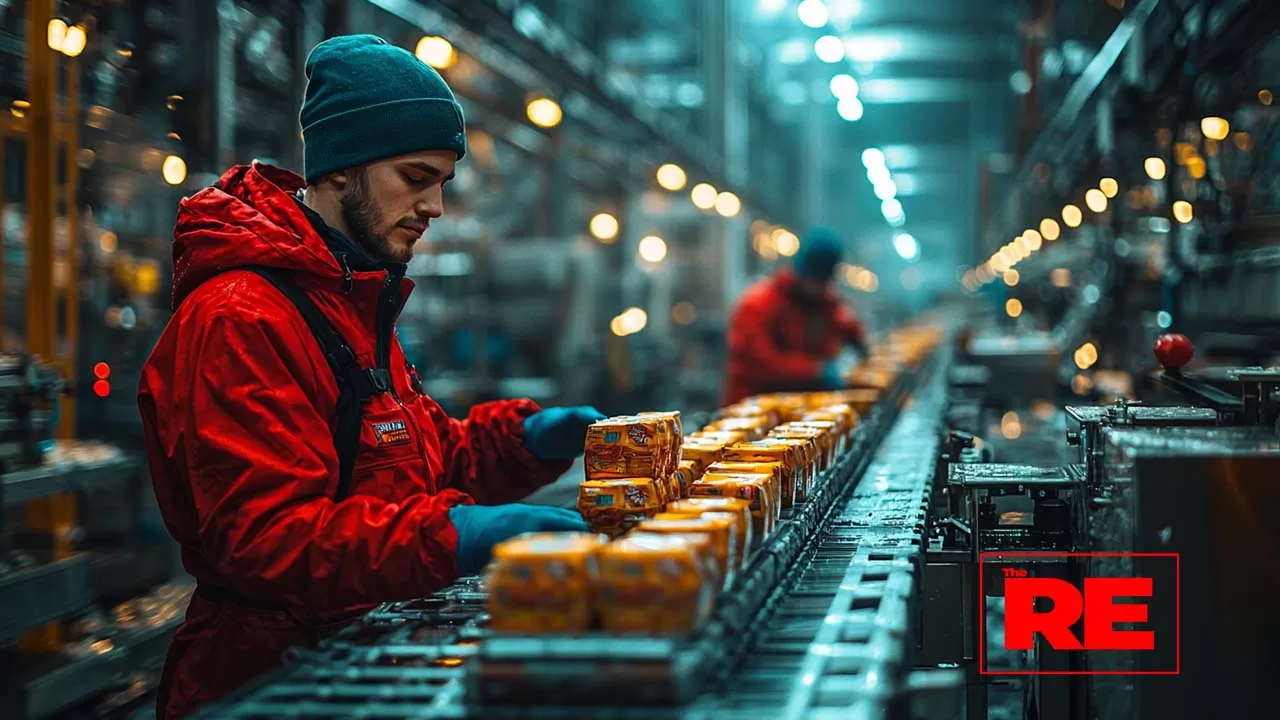
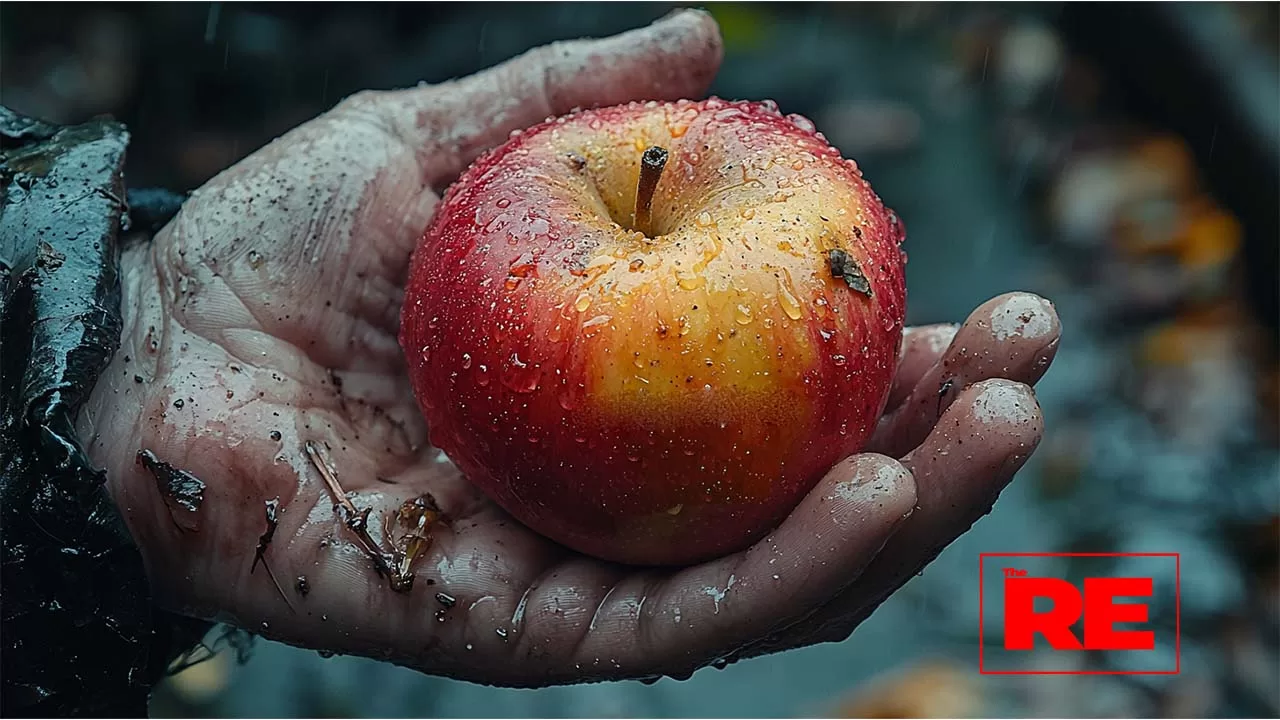
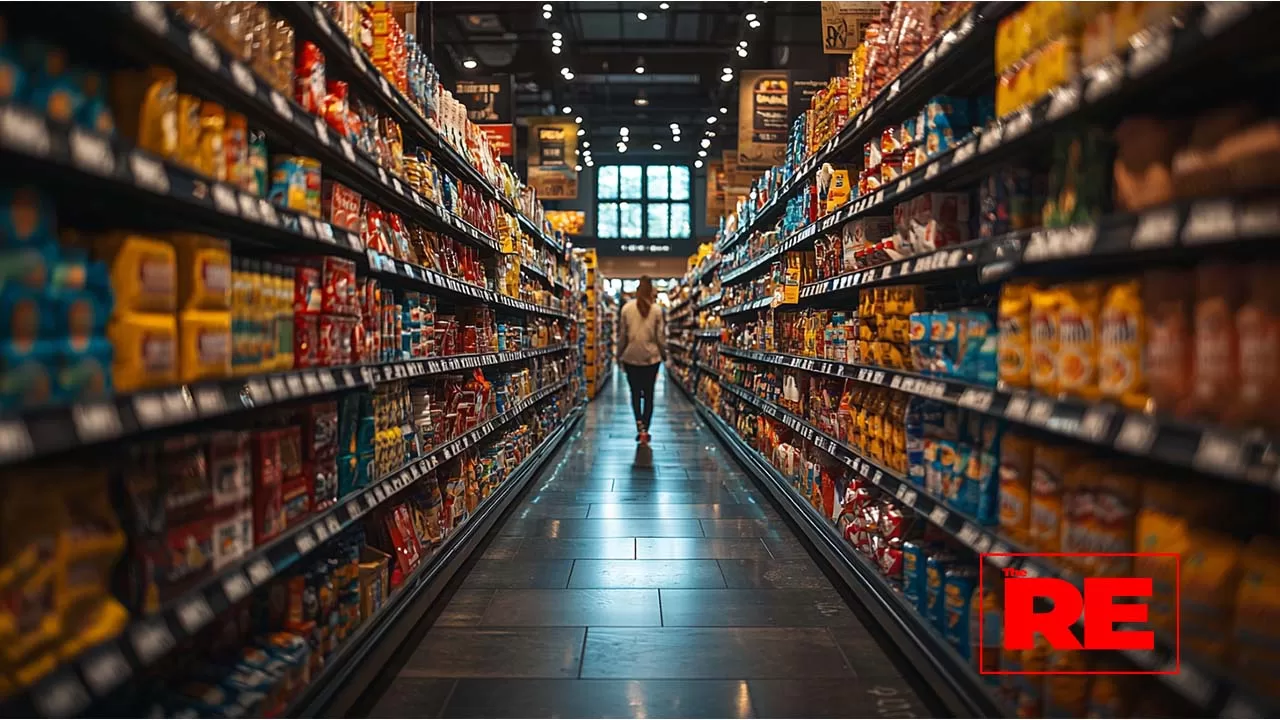
They tell us the food is safe. That the shelves are full. That we live in a country where abundance equals security. But they never tell us what’s inside the food. They never show us the deals made behind closed doors. They never admit how much of what we eat has been altered, coated, laced, and approved by agencies more loyal to lobbyists than to health.
This is not a conspiracy. It’s policy. It’s deregulation dressed as efficiency. It’s loopholes hidden inside technical language. And it’s making people sick, slowly, silently, and legally.
In America, we treat food like a product instead of a system. We do not ask what it does to the body long term; we ask how long it can sit on a shelf without going bad. We do not prioritize nourishment; we prioritize profit. And so what ends up in our pantries, our school lunches, and our hospital trays are foods engineered to survive transport, not sustain life.
Chemicals banned in other countries are used here as flavor enhancers. Coloring agents linked to hyperactivity are sold in products made for toddlers. Preservatives that disrupt hormones, emulsifiers that damage gut lining, sweeteners tied to metabolic disorders, all legal. All approved. All over the place.
And it’s not just processed food. It’s everything. Fruits sprayed with pesticides that are known neurotoxins. Meats pumped with antibiotics and growth hormones. Grains laced with glyphosate. Dairy filtered through chemical-lined machinery. Even the water used in farming can carry heavy metals from nearby industrial sites. The poison isn’t on the edge, it’s woven into the middle.
And still, the marketing tells another story. Healthy. All-natural. Immune-boosting. Labels designed to soothe, not inform. Meanwhile, cancer rates keep climbing. Autoimmune diseases keep multiplying. Children are being diagnosed younger, adults are getting sicker longer, and no one seems to connect the dots.
The truth is, we’ve normalized it. We’ve been conditioned to accept that food is either cheap and dangerous or expensive and elite. That eating clean is a privilege. That nutrition is a lifestyle choice instead of a public right. We’ve accepted that the sickening of the population is just part of modern life, not the outcome of calculated decisions by chemical companies, agribusiness giants, and captured regulatory agencies.
And the ones who try to sound the alarm? They get labeled as fringe. As alarmists. As anti science. As if questioning what goes into your body is an act of rebellion instead of basic survival.
Meanwhile, communities most affected by this crisis are the ones with the least access to alternatives. In low-income neighborhoods, processed food is cheaper than fresh. Fast food is closer than a grocery store. Water is unfiltered. Schools serve reheated trays of nutrient-dead calories. Health becomes a luxury something purchased, not protected. This is not just a food issue. It is a justice issue.
And yet, there is still power in the public. There is power in awareness. Because while individual choices cannot solve systemic failures, they can disrupt habits. They can challenge assumptions. They can create demand for something better. And most importantly, they can fuel the fight for regulation, for transparency, for a food system that actually serves the people it feeds.
It starts by reading labels but not stopping there. It means asking who made the product and why. It means pushing for clearer legislation, for independent food safety studies, for accountability when companies knowingly harm the public and walk away with a fine. It means understanding that food policy is not boring or technical it is life and death. It is the foundation of health, of community, of generational well-being.
Because food is not just fuel. It is memory. It is culture. It is medicine. And when we allow it to be poisoned, when we allow it to be corrupted, we are not just putting ourselves at risk we are putting our future on the line.
The poison is not loud. It does not make headlines. But it is there. On the shelves. In the fields. In the ads that tell us what is normal. And if we do not fight back, one bite at a time, we will lose more than our health we will lose the right to call what we eat food at all.
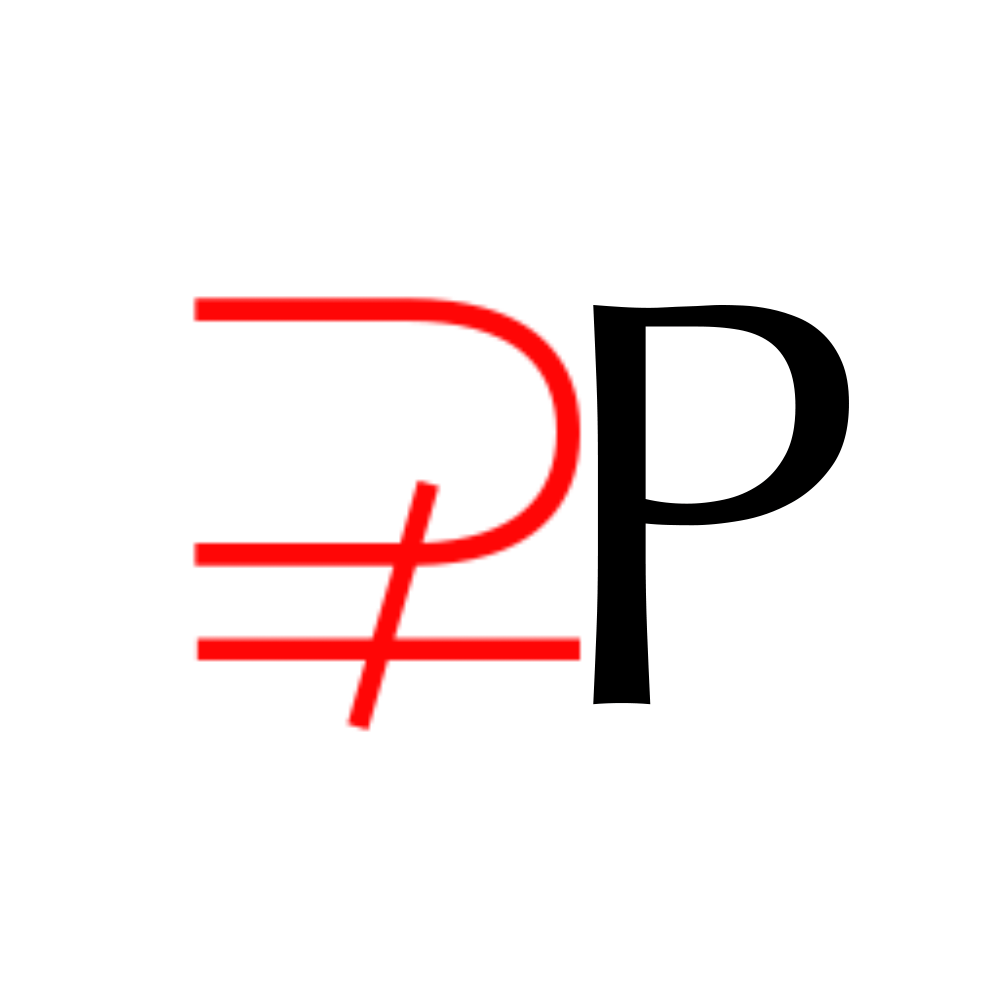
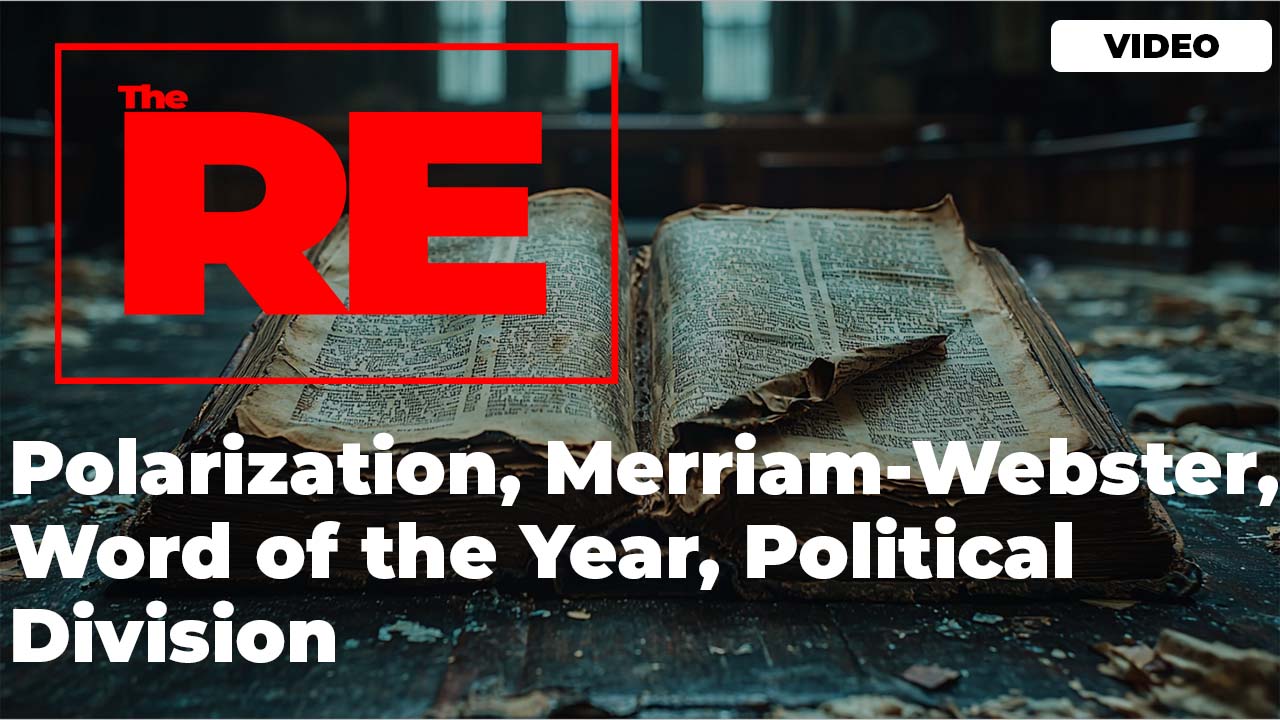
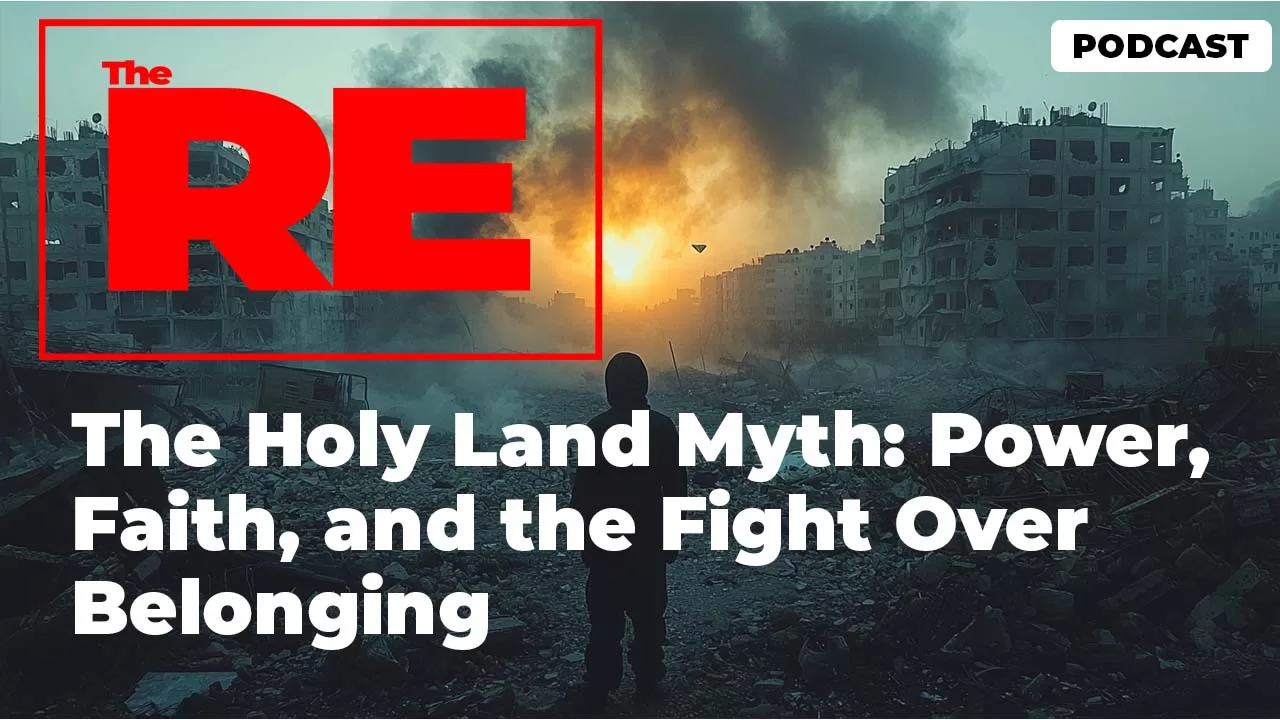
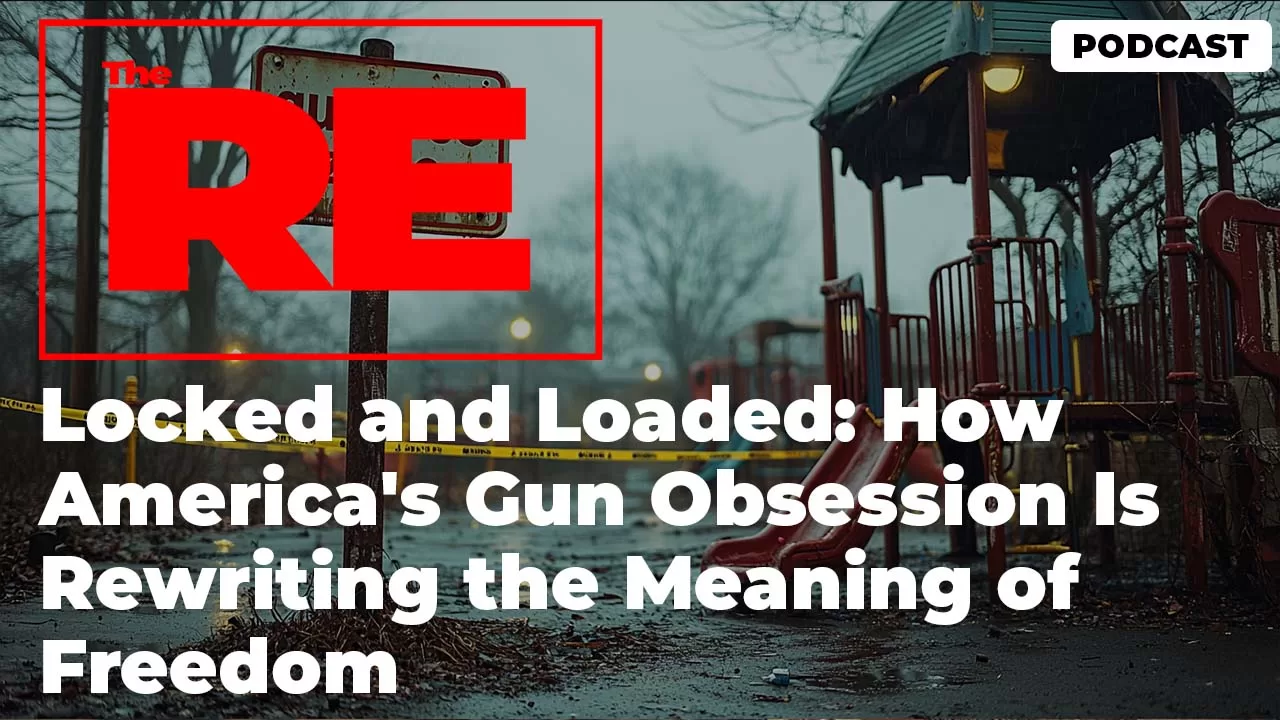

 and then
and then